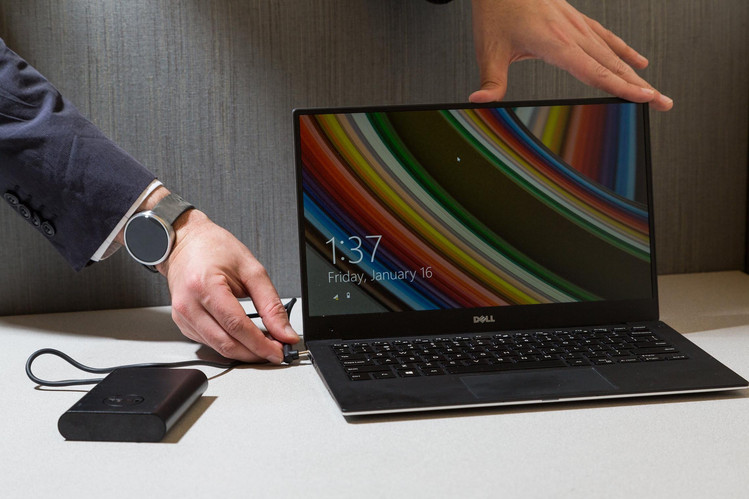How to make your laptop battery last all day
In our smartphones and laptops, we’re all under the control of a battery pack. Once these batteries are dead, our lives will be shelved until we can find a place to plug in. Therefore, battery life estimation is one of the first considerations that many of us have to consider when choosing new equipment.
You don’t want to spend all day worrying about when you’ll next be able to charge up your laptop, so take some proactive action to limit the drain on its battery. With the right operating system tweaks and customizations, plus some good habits, you can go longer than ever without being shackled to a wall outlet.
Adjust screen settings
One of the biggest draws on your Dell latitude d620 laptop battery is that bright, high-resolution display. Anything you do to ease that strain will have a beneficial effect on the length of your battery’s life.
Start with brightness: Dial down the brightness of the screen as much as you can without straining your eyes, using whatever keyboard shortcuts your laptop offers. You can make more detailed modifications by opening up System then Display in Windows Settings or Displays in System Preferences on macOS.
In addition, screens that time out sooner use up less battery life. To set this, and a bunch of other power-saving options, choose Power & sleep inside the System section of Settings on Windows or Energy Saver from System Preferences on macOS.
The other settings available on the same screens let you put the hard drives to “sleep” (which means they take longer to wake back up, but use less power), put USB devices into a low power mode, and more. These tweaks won’t make a major difference, but you can eke out some extra battery life by enabling them. If you’re on Windows, there’s a special Battery saver mode available which maximizes the time you get between battery charges. To find it, click the battery icon on the taskbar.
Reduce your workload
The harder your laptop is working, the faster your battery will drain. Which is why, when you’re away from a power source, you should close down any programs hanging around in the background that you’re not actually using. If your laptop runs fewer applications, and avoids demanding programs (think games and video editors), its battery should take longer to drain.
Meanwhile, the browser is a bigger battery sucker than you might think. Resist the temptation to have dozens of browser tabs open at once, and your laptop’s battery will thank you. And when you’re browsing, avoid video streaming sites. They typically demand a lot of battery life, both because they keep the screen constantly active, and because they require a decent amount of processing power.
Audio makes a difference too. Active speakers blaring out music will use up more battery power than silence—or a pair of plugged-in headphones. If you can, turn down the volume or do without the sound altogether.
Maintaining Wi-Fi and Bluetooth connections also uses up battery power, albeit a pretty small amount. If you can disconnect your laptop and work offline—and do without a wireless mouse and other peripherals—you’ll get a little bit more battery life as a result. We’re not talking major improvements, but you might just make it to the end of the day.
Keep that battery healthy
Lithium-ion batteries degrade naturally over time, but treat your laptop battery right, and you’ll enjoy better battery life for longer. Avoiding environments that are too hot or too cold is a good start, as batteries don’t like temperature extremes, which wear them down more quickly.
Demanding applications on your computer can generate that heat your battery needs to avoid. Which brings us back to the idea of sticking to lightweight tasks and programs while you’re away from a power source. If you really have to have a gaming session or encode some video, consider using a laptop cooler to dissipate the heat more effectively, and keep your Dell latitude e6320 notebook battery running for longer.
There’s an ongoing debate within tech circles over the “healthiest” approach to recharging batteries. The most up-to-date advice suggests that shallow discharges and recharges are preferable in the long-term, rather than allowing your battery to drain completely each time—although you should still do a full discharge about once a month. Unplugging your laptop once it’s fully charged, rather than leaving it always plugged in, tends to be better for your battery’s health as well.
Finally, if you won’t be using your laptop for a while, Apple and others recommend leaving the battery with a 50 percent charge in it—leaving it fully charged or fully discharged for an extended period of time can permanently damage it.
Did you enjoy this post? Why not leave a comment below and continue the conversation, or subscribe to my feed and get articles like this delivered automatically to your feed reader.


Comments
No comments yet.
Sorry, the comment form is closed at this time.